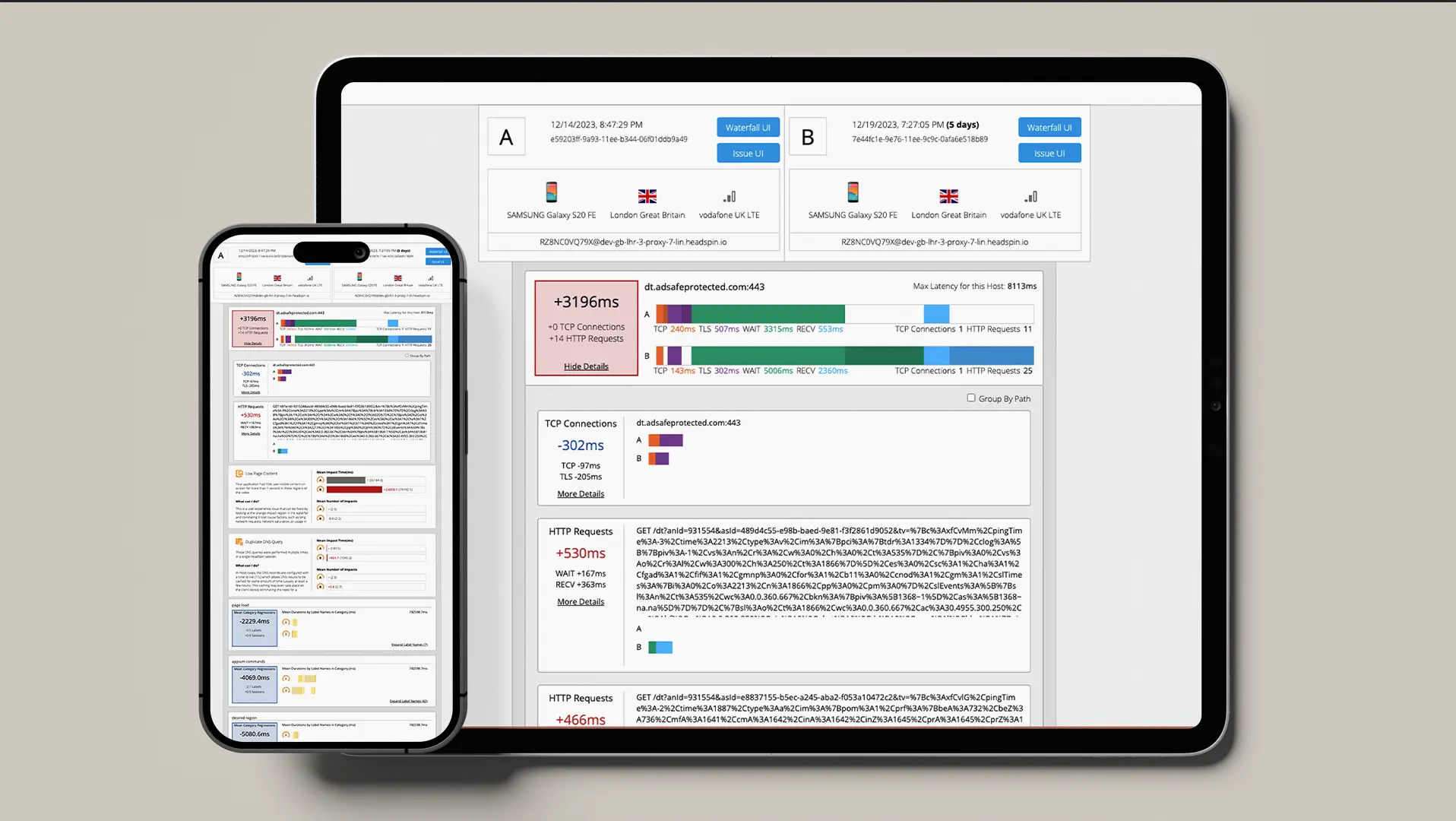AI-Powered Key Takeaways
Introduction
The BFSI (Banking, Financial Services, and Insurance) industry is undergoing rapid digital transformation, driven by evolving customer expectations and technological advancements. As remote work and digital interactions become the norm, seamless and secure banking experiences are critical. BFSI organizations are increasingly adopting agile testing methodologies to meet these demands and ensure faster time-to-market and superior customer satisfaction. With its iterative approach and focus on collaboration, Agile testing has become essential for addressing the complexities of modern banking applications.
Importance of Agile Testing in the BFSI Industry
Agile testing has transformed software development by integrating testing activities into every development lifecycle phase. Unlike traditional methods, which occur after development is complete, agile testing begins early and runs parallel to development, fostering a continuous feedback loop.
In the BFSI sector, agile testing is particularly valuable due to the industry's unique challenges, such as regulatory compliance, high-security requirements, and the need for seamless customer experiences. Key advantages of adopting agile testing in BFSI include:
- Faster Time-to-Market: Agile testing accelerates the release cycle by enabling teams to detect and resolve defects early in development.
- Enhanced Team Collaboration: With QA integrated into development, agile testing reduces misunderstandings and ensures alignment among cross-functional teams.
- Cost Efficiency: Automated regression tests help BFSI organizations reduce manual efforts, saving time and costs associated with traditional testing.
- Flexibility and Scalability: Agile testing allows organizations to adjust priorities dynamically, ensuring they can respond to evolving customer needs and market conditions.
By leveraging agile testing methodologies, BFSI companies can ensure their applications are robust, secure, and capable of delivering exceptional user experiences.
Challenges Faced by BFSI Enterprises in Agile Test Automation
While agile testing offers significant benefits, its adoption in the BFSI sector comes with unique challenges:
1. Lack of Vision for Agile Testing:
Many banking organizations struggle to grasp the true value of agile testing. Without a clear understanding of its purpose, teams often fail to deliver the expected business outcomes, leading to hesitation in adopting agile methodologies.
2. Coordination Across Large, Distributed Teams:
BFSI enterprises often have multiple teams working independently on design, analysis, or testing components. This issue is exacerbated when teams are geographically dispersed, making transparency and collaboration a significant hurdle during agile adoption.
3. Risk of Errors and High Stakes:
Even minor errors in a banking system can have severe financial repercussions. Security and reliability are top priorities in the BFSI sector, and organizations are often wary of adopting new agile tools without the assurance of a secure testing environment.
4. Regulatory Compliance and Documentation Requirements:
The BFSI industry is bound by strict regulatory standards to ensure the security of sensitive customer data and financial transactions. These regulations often demand exhaustive documentation, which aligns better with traditional software development and testing methods. However, a hybrid approach—blending traditional and agile testing — may be more appropriate for certain processes.
5. Complexity of Financial Systems:
Banking software often interacts with multiple systems and interfaces, requiring meticulous testing and integration. This complexity makes transitioning entirely to agile testing challenging for many BFSI organizations.
Overcoming the Challenges
Despite these challenges, financial companies are increasingly exploring agile test automation tools to accelerate testing cycles and reduce costs. By adopting secure and scalable agile platforms, BFSI enterprises can overcome these obstacles and enhance their ability to deliver high-quality software quickly.
HeadSpin’s Role in Agile Testing of BFSI Apps
Banking and financial applications are pivotal customer engagement channels for financial institutions. Apps with inadequate security or subpar user experiences can harm customer satisfaction, damage brand reputation, lead to litigation, and even result in customer loss. HeadSpin’s robust banking testing solutions empower organizations to conduct secure, automated agile testing with 100% efficiency.
Here are key features of the HeadSpin Platform that help BFSI enterprises address challenges in agile test automation:
1. CI/CD Integration for Automated Testing
CI/CD and agile testing go hand in hand. Agile testing is also impossible without automation. HeadSpin's banking testing solution supports almost all open test frameworks in the industry. With the HeadSpin Platform, BFSI companies can check new builds, perform tests, and gather insights into their apps' performance regression. This process will help financial organizations improve their time to market and proactively identify even the smallest bugs.
2. Performance and ML Module for Data Insights
With the performance and ML module, the HeadSpin Platform can enable financial companies to collect insights about their applications' performance and user experience. These insights can help BFSI enterprises understand the requirement of agile testing in their DevOps. Insights provided by the HeadSpin Platform, such as issue cards, time series, session videos, and packet-level details, can support the BFSI companies in improving applications' performance and digital experiences.
3. Automation of Customer User Journeys
Banking companies can use the HeadSpin Platform to integrate test automation platforms such as Appium or Selenium and automate different customer user journeys. By automating these journeys, BFSI enterprises can identify minor and major challenges that users may face while using their apps and proactively fix these errors. This feature will help banking organizations achieve 100% testing efficiency while performing agile tests.
4. Global Testing
HeadSpin's global device infrastructure will help BFSI organizations remotely perform agile testing on real devices in 50+ locations worldwide. With HeadSpin's global testing, banking companies can coordinate teams working independently worldwide.
5. Secured Testing Platform
HeadSpin is a SOC 2-compliant platform. By leveraging HeadSpin's SOC 2-compliant testing platform, BFSI organizations can confidently conduct agile testing without compromising sensitive data or facing security challenges. This fosters trust and ensures adherence to industry regulations, allowing teams to focus on delivering high-quality applications.
How HeadSpin Helps BFSI Companies Perform Agile Testing
Some of the important features of HeadSpin’s banking testing solution that help BFSI companies deliver secure and high-performing apps include:
- The HeadSpin Platform supports multiple device types/forms, including low, medium, and high-end devices.
- It offers audio-enabled and multi-gesture-supported devices and automation APIs for accessibility testing.
- HeadSpin enables biometric SDK without any app instrumentation.
- It captures device, network, and automation logs in the performance UI.
- The Platform allows for the automation of Webview test cases.
Conclusion
Software automation testing is vital in the BFSI industry by supporting agile methodologies within QA teams. Agile environments enable testing teams to perform faster, more efficient tests, proactively identifying and resolving errors.
Agile test automation enhances the testing process with shorter cycles and reduced costs.
HeadSpin significantly contributes to this agile testing environment by providing a comprehensive banking testing solution. With HeadSpin’s tools, BFSI organizations can enhance test coverage by up to 30% and accelerate test execution by up to 15%.
Choose HeadSpin for a seamless and effective testing experience in an agile environment.
FAQs
Q1. Why is agile testing crucial for BFSI applications?
Ans: Agile testing allows BFSI companies to identify errors proactively, reduce time to market, and adapt to dynamic customer needs. It ensures financial apps meet high security standards while delivering an optimal user experience.
Q2. Can HeadSpin help with global testing for BFSI apps?
Ans: HeadSpin’s global device infrastructure enables BFSI organizations to perform agile testing on real devices across 50+ locations worldwide, ensuring comprehensive coverage and collaboration among geographically distributed teams.
Q3. What is the ROI of adopting agile testing in BFSI?
Ans: Agile testing in BFSI reduces time-to-market, minimizes operational costs, improves app quality, and enhances customer satisfaction, resulting in a significant return on investment.
Q4. How does automated agile testing reduce costs for BFSI organizations?
Ans: By automating regression tests and customer user journeys, BFSI companies can significantly reduce manual testing efforts, streamline workflows, and lower operational costs.


























.png)


























-1280X720-Final-2.jpg)






